#salvador allende
Text
To the cry "¡Nunca más!" (never again), thousands of Chilean women surround the Moneda Palace to commemorate the 50th anniversary of the violent coup d'état of September 11, 1973, in Chile. A cry for all Latin America: Never again!
4K notes
·
View notes
Text
all of my love to the chileans and those in the southern cone in general who have to deal with the increase of usamerican nationalism on the eleventh of september, which also serves as the anniversary of the us-backed chilean coup, which marked the beginning of the arrest, murder, torture, and disappearance of thousands of people
3K notes
·
View notes
Text
NEVER FORGET
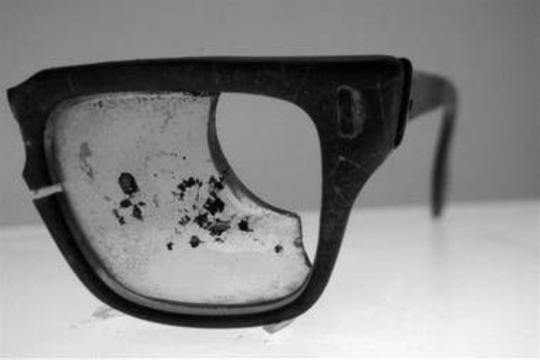
On September 11, 1973, Augusto Pinochet rose to power, overthrowing the democratically elected president Salvador Allende.
Three days before the coup, the CIA provides President Nixon with a full page of intelligence on preparations in Chile to overthrow Allende.
Transcripts of a phone conversation between Kissinger and Nixon reveal that they did not have a hand in the final coup. They do take credit for creating the conditions that led to the coup. Kissinger says that "they created the conditions as great as possible." Nixon and Kissinger also discussed how they would play this event with the media and lamented the fact that, if this were the era of Eisenhower, then they would be seen as heroes. There was a PDB that had a section on Chile dated 11 September 1973 that is still completely censored, as was an entire page on Chile provided to Nixon on 8 September 1973. Additionally, a cable from CIA operative Jack Devine dated 10 September 1973, confirmed to top U.S. officials that the coup would take place the following day.
628 notes
·
View notes
Text
Days before Salvador Allende’s confirmation as Chile’s president in 1970, US President Richard Nixon met with a rightwing Chilean media mogul to discuss blocking the socialist leader’s path to the presidency, newly declassified documents have revealed.
The documents, published in a new Spanish edition of the Pinochet files by archivist and writer Peter Kornbluh, include Nixon’s agenda for 15 September 1970, which shows a meeting in the Oval Office with Agustín Edwards, the owner of the conservative El Mercurio media group.
A day earlier, Edwards had met CIA director Richard Helms. Notes from that conversation detail the media baron’s observations on various members of the military, prompting Nixon to request a “gameplan” for a coup that would prevent Allende’s inauguration.
Allende had won a slender victory over rival Jorge Alessandri in presidential elections, but with no clear majority, the electoral system at the time required congress to ratify the candidate who would form a government.
In secret, and with the support of President Nixon’s White House, a plan was hatched for the military to seize power, dissolve congress and block Allende’s inauguration.
Alongside munitions and payments, Edwards conveyed the military’s demands for “clear and specific guarantees” as well as “assurances they would not be abandoned and ostracized”, according to a memorandum entitled “Conversation with Agustín Edwards, Owner of El Mercurio Chilean Newspaper Chain, 18 September 1970”, which had previously been heavily redacted.
“It is incredible that, 50 years later, we’re still learning key details of how the US were trying to block, thwart, undermine and destabilise the first elected socialist president in Chile,” said Kornbluh.
577 notes
·
View notes
Text
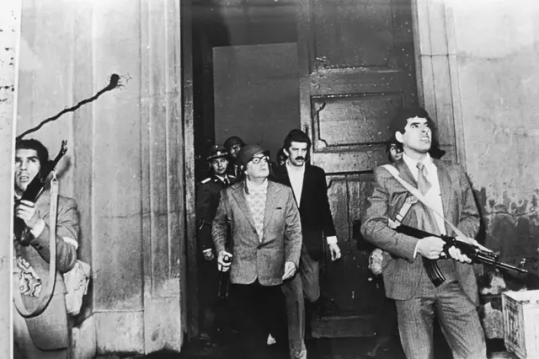
Today is a good day to remember Salvador Allende, the democratically-elected President of Chile, who died in September 1973. Allende most likely shot himself in the La Moneda Presidential Palace in Santiago when he could no longer fight off the forces of General Augusto Pinochet as they executed a violent coup heavily supported by the United States and Henry Kissinger. Pinochet then ruled Chile as an American-supported "anti-communist" military dictator for nearly two decades in which tens of thousands of Chileans were killed, jailed, or simply disappeared.
Allende, a socialist, was popularly elected as Chile's President with promises to strengthen democracy in Latin America and institute significant economic, education, and health reforms in order to dramatically improve the social welfare of the Chilean people. Some American leaders, like Henry Kissinger, saw him as a potential threat -- a South American version of Fidel Castro -- and the CIA begin laying the groundwork for eventual regime change.
The biggest problem with Allende, in Kissinger's mind, was the very fact that he was freely and democratically elected. In a memo to President Nixon that is still somewhat shocking to read, Kissinger wrote that "Allende was elected legally...He has legitimacy in the eyes of Chileans and most of the world; there is nothing we can do to deny him that legitimacy or claim he does not have it." Kissinger then reminds Nixon that "We are strongly on record in support of self-determination and respect for free election; you are firmly on record for non-intervention in the internal affairs of this hemisphere and of accepting nations 'as they are.'" Then he spends several pages outlining ways in which to undermine, delegitimize, and potentially eliminate "the Problem." After all, as Kissinger wrote shortly before Allende was elected, "I don't see why we need to stand by and watch a country go communist due to the irresponsibility of its people. The issues are much too important for the Chilean voters to be left to decide for themselves."

#History#Salvador Allende#Chile#Latin America#South America#Allende#Augusto Pinochet#Henry Kissinger#Richard Nixon#President Nixon#Nixon Administration#Foreign Policy#CIA#Regime Change#Coups#Kissinger#Death of Henry Kissinger#Politics
247 notes
·
View notes
Text

Venceremos—Solidarität mit dem Volk Chiles
GDR stamp commemorating Chilean president Salvador Allende (1908–1973)
#Chile#Salvador Allende#1973#9/11#remember 9/11#DDR#GDR#RDA#postage stamp#selo postal#postzegel#Briefmarke#почтовая марка#coup#golpe#Putsch#solidarity#solidaridade#solidaridad#solidariteit
275 notes
·
View notes
Text
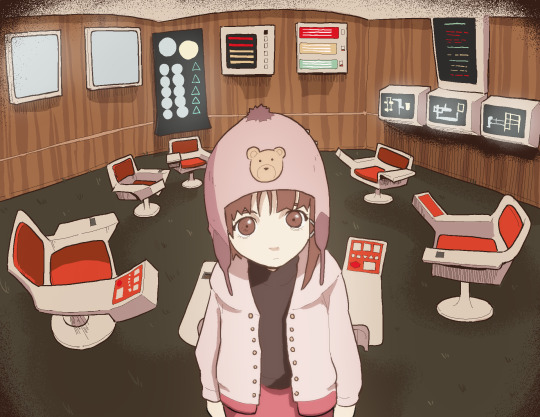
182 notes
·
View notes
Text
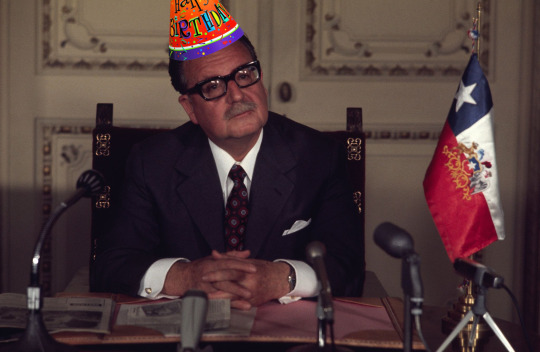
Happy birthday, Salvador Allende! (June 26, 1908)
President of Chile from 1970 to 1973, Salvador Allende was the first socialist to be elected to that office. Born to a progressive middle class family in Santiago, Allende was influenced during his education by anarchists, socialists, and progressives, and began involving himself in political and labor activism from the 1930s. He was elected to the Chamber of Deputies in 1937, beginning a political career which would span four decades. A physician by trade, Allende served as Chile's health minister in Pedro Aguirre Cerda's popular front government from 1939 to 1942. A committed, lifelong, and leading member of the Socialist Party, Allende ran for President on several occasions, finally winning in 1970 as the candidate of the Popular Unity coalition which united the Chilean left behind him. In office, Allende sought to better the conditions of the working class, nationalize key industries, and pursue land reform. His government was bitterly opposed by both the Chilean right and the United States, which backed efforts to sabotage the Chilean economy and overthrow Allende. These efforts culminated in a coup d'etat on September 11, 1973, in which the armed forces led by Augusto Pinochet toppled the Allende government and instituted a brutal right-wing dictatorship. Allende gave a final address to the nation before Pinochet's troops could reach him, and then committed suicide using an AK-47 gifted by Fidel Castro.
"Workers of my country, I have faith in Chile and its destiny. Other men will overcome this dark and bitter moment when treason seeks to prevail. Keep in mind that, much sooner than later, great avenues will again be opened, through which will pass the free man, to construct a better society."
289 notes
·
View notes
Text

September 11, 2023 - Chilean riot police attack mourners gathered to pay their respects at the tomb of Salvador Allende on the anniversary of the 1973 fascist coup, filling the graveyard with tear gas. [video]
#allende#acab#police brutality#graveyard#memorial#gif#2023#salvador allende#chile#police#riot police#tear gas#circle a#santiago
177 notes
·
View notes
Text
Thousands of women surrounding La Moneda Palace, saying 50 years after the Coup d'Etat "NUNCA MÁS" (Never again).
234 notes
·
View notes
Text

Fifty years ago today.
Remembering the great Salvador Allende and all other progressive civilian organizers, activists, and officials dedicated to Chilean peace. May their memories remain both a blessing and a reminder of the dangers of fascism; the dangers of the US.
“Long live Chile! Long live the people! Long live the workers! These are my last words, and I am certain that my sacrifice will not be in vain, I am certain that, at the very least, it will be a moral lesson that will punish felony, cowardice, and treason.”
149 notes
·
View notes
Text
11/09/1973
Le ultime parole alla radio, rivolte al popolo cileno, del presidente socialista del Cile, Salvador Allende, poco prima di essere ucciso dalle truppe golpiste del generale Augusto Pinochet, il quale, sostenuto dagli USA, prenderà il potere e darà vita ad una dittatura durissima, fatta di repressioni sanguinarie e omicidi di stato. La dittatura militare finirà nel 1988 con un referendum popolare.
" Sono sicuro, che il seme che abbiamo depositato, nella coscienza, degna del popolo cileno, non potrà mai essere falciato".
Salvador Allende.
97 notes
·
View notes
Text
September 11, 1973: On the 50th Anniversary of the Coup in Chile
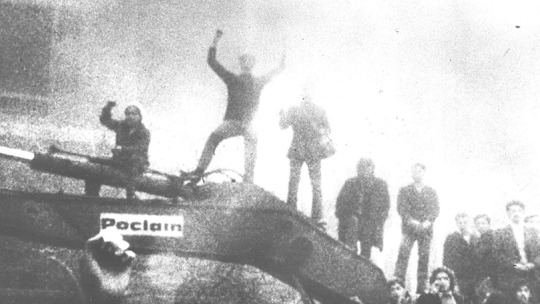
Today marks the 50th anniversary of the coup d’état in Chile, when a fascist junta led by dictator Augusto Pinochet overthrew the democratically elected socialist government of Salvador Allende. For those of us who are on the left, the story should be familiar by now: Allende had charted a ‘Chilean way to socialism' ("La vía chilena al socialismo") quite distinct from the Soviet Union and communist China, a peaceful path to socialism that was fundamentally anti-authoritarian, combining worker power with respect for civil liberties, freedom of the press, and a principled commitment to democratic process. For leftists who had become disillusioned with the Soviet drift into authoritarianism, Chile was a bright spot on an otherwise gloomy Cold War map.
What happened in Chile was one of the darkest chapters in the history of US interventionism. In August 1970, Henry Kissinger, who was then Nixon’s national security adviser, commissioned a study on the consequences of a possible Allende victory in the upcoming Chilean presidential election. Kissinger, Nixon, and the CIA—all under the spell of Cold War derangement syndrome—determined the US should pursue a policy of blocking the ascent of Allende, lest a socialist Chile generate a “domino effect” in the region.
When Allende won the presidency, the US did everything in their power to destroy his government: they meddled in Chilean elections, leveraged their control of the international financial system to destroy the economy of Chile (which they also did through an economic boycott), and sowed social chaos through sponsoring terrorism and a shutdown of the transportation sector, bringing the country to the brink of civil war. Particularly infuriating to the Americans was Allende’s nationalization of the copper mining industry, which was around 70% of Chile’s economy at the time and was controlled by US mining companies like Anaconda, Kennecott and the Cerro Corporation. When the CIA’s campaign of sabotage failed to destroy the socialist experiment in Chile, they resorted to assisting general Augusto Pinochet's plot to overthrow the democratically elected government. What followed was a gruesome campaign of repression against workers, leftists, poets, activists, students, and ordinary Chileans—stadiums were turned into concentration camps where supporters of Allende’s Popular Unity government were tortured and murdered. During Pinochet’s 17-year reign of terror, 3,200 people were executed and 40,000 people were detained, tortured, or disappeared, 1,469 of whom remain unaccounted for. Chile was then used as a laboratory for neoliberal economic policies, where the Chicago boys and their ilk tested out their terrible ideas on a population forced to live under a military dictatorship.
It shatters my heart, thinking about this history. I feel a personal attachment to Chile, not only because my partner is Chilean (his father left during the dictatorship), but because I’ve always considered Chile to be a world capital of poetry and anti-authoritarian leftism. The filmmaker Alejandro Jodorowsky asks, “In how many countries does a real poetic atmosphere exist? Without a doubt, ancient China was a land of poetry. But I think, in the 1950s in Chile, we lived poetically like in no other country in the world.” (Poetry left China long ago — oh how I wish I’d been around to witness the poetic flowering of the Tang era!) Chile has one of the greatest literary traditions of the twentieth century, producing such giants as Bolaño and Neruda, and more recently, Cecilia Vicuña and Raúl Zurita, among others.

To commemorate the 50th anniversary of the coup, the Harvard Film Archive has been screening Patricio Guzmán’s magisterial trilogy, The Battle of Chile, along with a program of Chilean cinema. I watched part I and II the last two nights and will watch part III tonight. It’s no secret that I am a huge fan of Guzmán’s work, and even quoted his beautiful film Nostalgia for the Light in the conclusion of my book Carceral Capitalism, when I wrote about the Chilean political prisoners who studied astronomy while incarcerated in the Atacama Desert. Bless Patricio Guzmán. This man has devoted his life and filmmaking career to the excavation of the Chilean soul.
Parts I and II utterly destroyed me. I left the theater last night shaken to my core, my face covered in tears.


The films are all the more remarkable when you consider it was made by a scrappy team of six people using film stock provided by the great documentarian Chris Marker. After the coup, four of the filmmakers were arrested. The footage was smuggled out of Chile and the exiled filmmakers completed the films in Cuba. Sadly, in 1974, the Pinochet regime disappeared cameraman Jorge Müller Silva, who is assumed dead.
It’s one thing to know the macro-story of what happened in Chile and quite another to see the view from the ground: the footage of the upswell of support for radical transformation, the marches, the street battles, the internal debates on the left about how to stop the fascist creep, the descent into chaos, the face of the military officer as he aims his pistol at the Argentine cameraman Leonard Hendrickson during the failed putsch of June 1973 (an ominous prelude to the September coup), the audio recordings of Allende on the morning of September 11, the bombing of Palacio de La Moneda—the military is closing in. Allende is dead. The crumbling edifice of the presidential palace becomes the rubble of revolutionary dreams—the bombs, a dirge for what was never even given a chance to live.
#Patricio Guzmán#film#Chile#history#salvador allende#socialism#marxism#coup#coup d'etat#The Battle of Chile#revolution#cinema#fascism#communism#geopolitics#political economy#Cold War#chris marker#memory#neoliberalism#capitalism#politics
97 notes
·
View notes
Text

Never forget!
September 11, when democratically elected Chilean president Salvador Allende was assassinated during a coup by dictator Augusto Pinochet the 11th of September of 1973. this coup was sponsored by the USA.
110 notes
·
View notes
Text
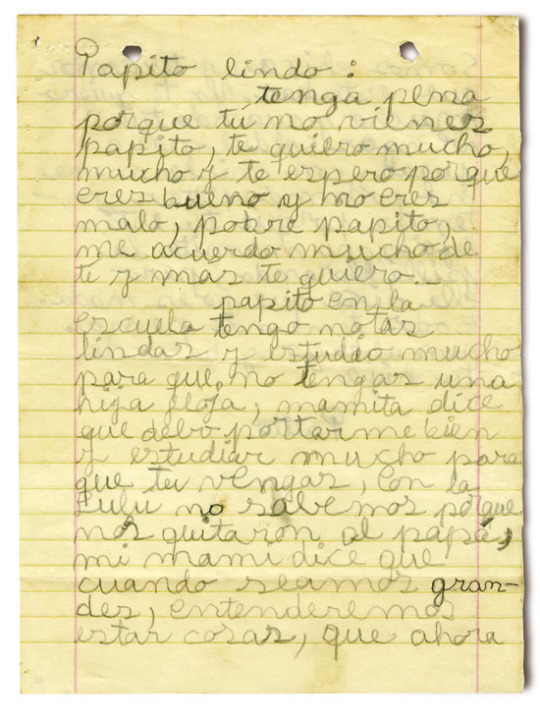
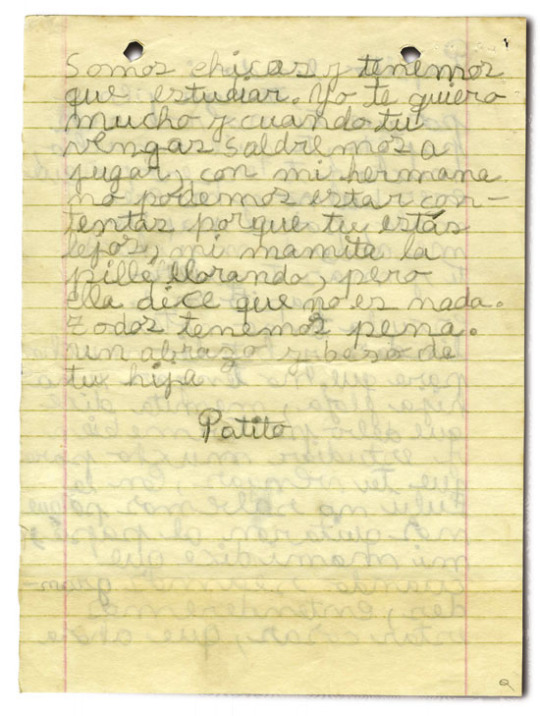
Letter from a daughter to her disappeared-detainee dad. Circa 1973. Chile.
Dear Daddy:
I am sad because you’re not coming, daddy, I love you so so much, I’m waiting for you, because you’re good and not bad. Poor daddy. I remember you so much and I love you more.
Daddy, in school I got good grades and I study very hard, so you don’t have a lazy daughter, mommy says I have to be well-behaved and study a lot so you can come home. Lulu (her sister) and I don’t know why they took our daddy. Our mommy says that when we grow up we will understand, that now we are little and we gotta study.
I love you so much, and when you come back, we’re going out to play, with my sister we can’t be happy because you’re far away, I caught mommy crying, but she says it’s nothing. We are all sad.
A hug and a kiss from your daughter.
Little duck.
Sin perdón ni olvido.
101 notes
·
View notes
